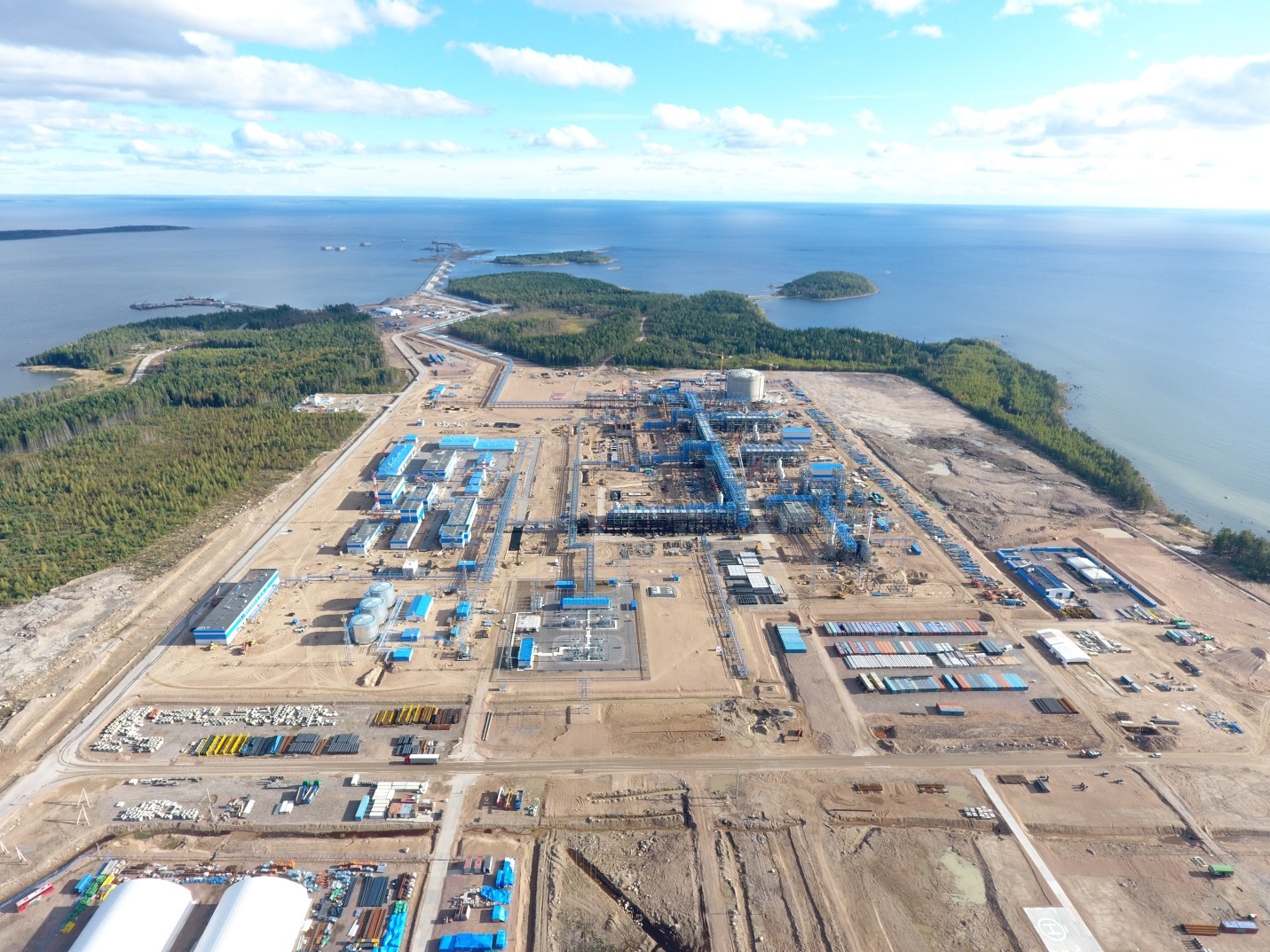Gazprom said that the current anti-Russian sanctions impede the resolution of the situation with the transportation and repair of Siemens engines necessary for the operation of Nord Stream.
The corporation noted that a contract was signed with the British Industrial Turbine Company (UK) Limited, which is part of the Siemens Energy group of companies, to repair engines at a plant in Canada.
According to the terms of the contract, the engine repair was scheduled for May 2022, immediately after which the engine was to be handed over to Gazprom.
At the same time, Gazprom emphasized that due to Canadian sanctions and without the consent of the company, the engine was sent to Germany instead of Russia, which does not comply with the terms of the contract.
It is emphasized that the Canadian authorities issued documents for the export of the engine to Siemens Energy Canada Limited, which is not a party to the contract.
“If the engine is transported to Russia, there is a risk that the Canadian authorities may consider this a violation or circumvention of the conditions of the issued permit.
In turn, this may lead to the revocation of the permit and the impossibility of repairing other engines of the Portovaya compressor station in Canada,” the company explained.
Meanwhile, Gazprom noted that currently only one of the six main gas pumping units is in working condition at the Portovaya compressor station.
In this regard, the daily capacity of the CS is no more than 33 million cubic meters.
m of gas with a planned capacity of 167 million cubic meters.
m.
As explained in the company, the supply of a turbine from Canada to Germany is also fraught with the risk of sanctions, since one of the restrictions imposed against Russia provides for a ban on the sale, supply, transfer or export of gas turbine engines, regardless of whether these goods are produced in the EU.
Also on russian.rt.com Half as much: how a decrease in gas pumping through the Nord Stream can affect the European economy
In addition, similar risks remain due to the participation of Industrial Turbine Company (UK) Limited in the contract, which is subject to British law, Gazprom noted.
“In the absence of official clarifications from the EU and the UK on the application of sanctions, it is not clear that the repair and transportation of gas turbine engines for the Portovaya CS will not be subject to export restrictions.
Similar risks remain for overhauled engines Nos. 072, 074 and 121,” the company said.
Earlier, Russian presidential spokesman Dmitry Peskov said that Gazprom would like to get back the turbine for the Nord Stream gas pipeline, but the company needs documents for this.
Peskov was asked on August 4 about a statement released by Gazprom on Wednesday, which said that the sanctions regimes of Canada, the EU and the UK make it impossible to supply a turbine to Russia.
Gazprom would very much like to receive this turbine.
But it was not Gazprom that imposed sanctions.
Sanctions have been imposed on Gazprom.
In this case, it is important for Gazprom to obtain legal documents stating that this turbine is not authorized.
Just words in this case are absolutely not enough, ”Peskov said.
Peskov recalled that the maintenance of the turbine is carried out by a subsidiary in Britain of Siemens, which operates under British law.
“Therefore, of course, in this case, against the backdrop of the sanctions that have been imposed on Gazprom, on our country, Gazprom simply has to insure itself, it must insure its property.
The turbine is the property of Gazprom,” he added.
KSPG "Portovaya"
© OOO Gazprom invest
Recall that Gazprom supplies fuel via Nord Stream from Russia to Germany, from where gas is distributed to other EU countries.
The planned daily capacity of the pipeline reaches 167 million cubic meters.
m.
In June, this figure fell by 40% (to 67 million cubic meters), as Gazprom was unable to return the Siemens engine sent to Canada for scheduled repairs.
Units based on turbines from this manufacturer operate at the Portovaya compressor station located in the Leningrad Region, which serves as the entry point to Nord Stream.
Later, Gazprom announced the shutdown of another Siemens turbine due to the expiration of the allowable time between overhauls.
Since July 27, the daily capacity of the Portovaya compressor station has decreased to 33 million cubic meters.
m, which is about 20% of the planned capacity.
An expert of the National Energy Security Fund, a lecturer at the Financial University under the Government of Russia, Stanislav Mitrakhovich, in an interview with RT, noted that the country is constantly in the context of the introduction of new sanctions, as a result of which Gazprom's fears are justified.
“We would like to receive documents that new sanctions will not be introduced, that Canada will not cancel its exceptions to the sanctions that it has introduced, that there will be no new sanctions.
Where are the guarantees that in six months, in a year, sanctions against Nord Stream will not be adopted?
The EU has adopted sanctions against Russian oil, Russian coal.
Why can't a decision on gas be made then?”
asked Mitrakhovich.
According to him, if such guarantees are received, joint work can be easily established.
If this does not happen, the expert believes, Nord Stream will not operate at full capacity.

